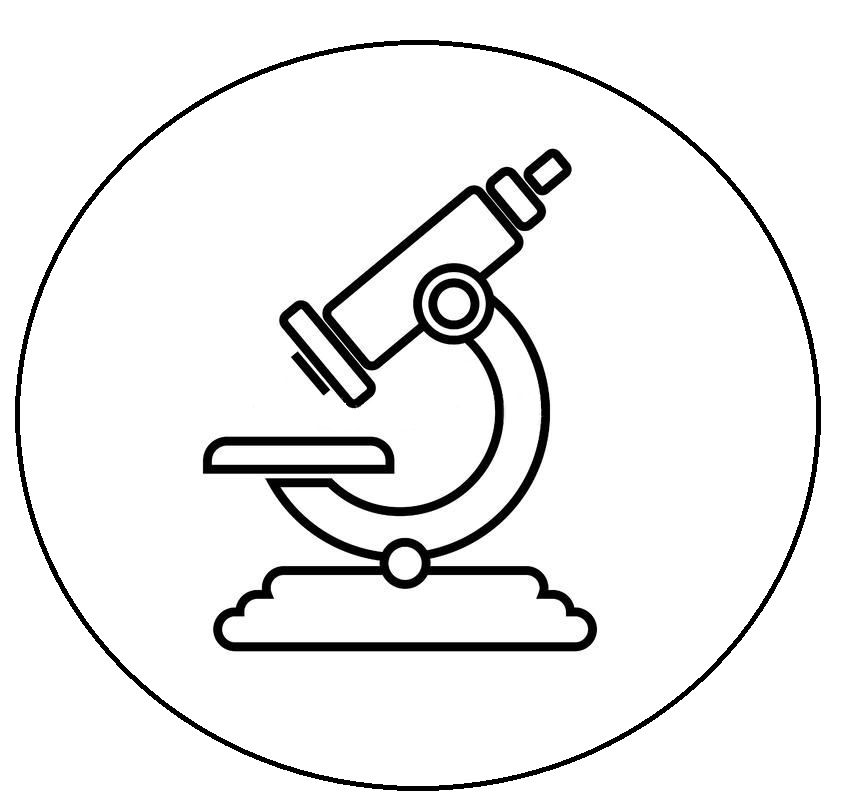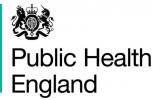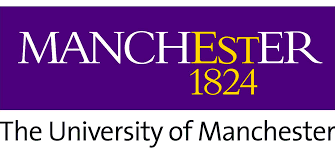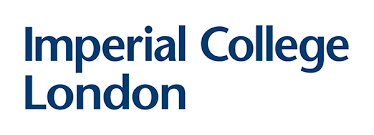University of Bristol: against COVID-19 University

1. Project: Using linked primary care and viral surveillance data to develop risk stratification models to inform management of severe COVID19.
Project Description: This project is being led by Dr. Rupert Payne (Bristol). The proposed research aims to 1) establish a new dataset to facilitate COVID19 epidemiological analyses, linking primary care (CPRD), routine hospital data (SUS), and the Public Health England COVID19 surveillance data (CHESS); 2) develop a risk stratification tool to determine which patients in primary care are at highest risk of admission to critical care and which pre-morbid factors predict survival.
Collaborators: Universities of Cambridge & Manchester
2. Project: Avon Longitudinal Study of Parents and Children
Summary: The study is part of the global project "The COVID-19 Host Genetics Initiative"
Research question: Outcome data will be from a) questionnaires of COVID symptoms/diagnoses (underway) b) index linkage to hospital diagnosis/outcome codes (planned) c) federation to flutracker app (potential) d) serological test (planned)
Study design: Prospective birth cohort established 1990-1991 with ~ 14,000 births Ongoing data collection of a large number of index participants (aged ~ 29-30), a smaller number of their parents and their children. Existing genetic data on the majority of participants.
Type: Retrospective(n=800), Prospective(n=800)
Genetic analysis: GWAS
Assays planned: Immune profiling
Other assays: Serology
Investigators: Nic Timpson, Simon Haworth
Based at the University of Bristol, the Avon Longitudinal Study of Parents and Children (ALSPAC), also known as Children of the 90s, is a world-leading birth cohort study. Between April 1991 and December 1992 they recruited more than 14,000 pregnant women into the study and these women (some of whom had two pregnancies or multiple births during the recruitment period), the children arising from the pregnancy, and their partners have been followed up intensively over two decades. They are doing the most detailed study of its kind in the world and providing the international research community with a rich resource for the study of the environmental and genetic factors that affect a person’s health and development. Through their research, they aim to inform policy and practices that will provide a better life for future generations. ALSPAC is part of the CLOSER network, which aims to maximise the use, value and impact of UK longitudinal studies.
3. Project: COGENT (COvid-19 Genomic Evaluation of Novel Therapies)
Project Description: The COGENT (COvid-19 Genomic Evaluation of Novel Therapies) portfolio of studies is an international collaboration of investigators lead by the Centre for Naturally Randomized Trials at Cambridge that aims to conduct an integrated suite of studies that a) nests a series of naturally randomized genetic experiments within an ensemble of artificial intelligence algorithms to identify each person’s unique genomic vulnerability to developing severe symptoms if infected with SARS-CoV-2; b) discover what causes some people to be more vulnerable to developing severe symptoms when they become infected with SARS-C0V-2; c) identify targets for therapies that can decrease the risk of developing severe symptoms if infected with SARS-CoV-2; d) conduct a portfolio of pragmatic naturally randomized trials to identify therapies that can potentially most effectively prevent the development of severe symptoms of SARS-C0V-2 infection; and e) use this information to rapidly design and conduct a series of adaptive pragmatic clinical trials to evaluate the clinical safety and efficacy of the identified novel therapies to prevent progression to severe complications among persons infected with SARS-CoV-2.
Collaborators: Cambridge Centre for Naturally Randomized Trials (lead); Cambridge Centre for AI in Medicine; TIMI Study Group Harvard Medical School; Imperial College London Clinical Trial Unit; Monash Heart; Oxford CTSU; University of Milan Department of Pharmacological and Biomolecular Sciences, University of Bristol; 23and Me; Benevolent AI









